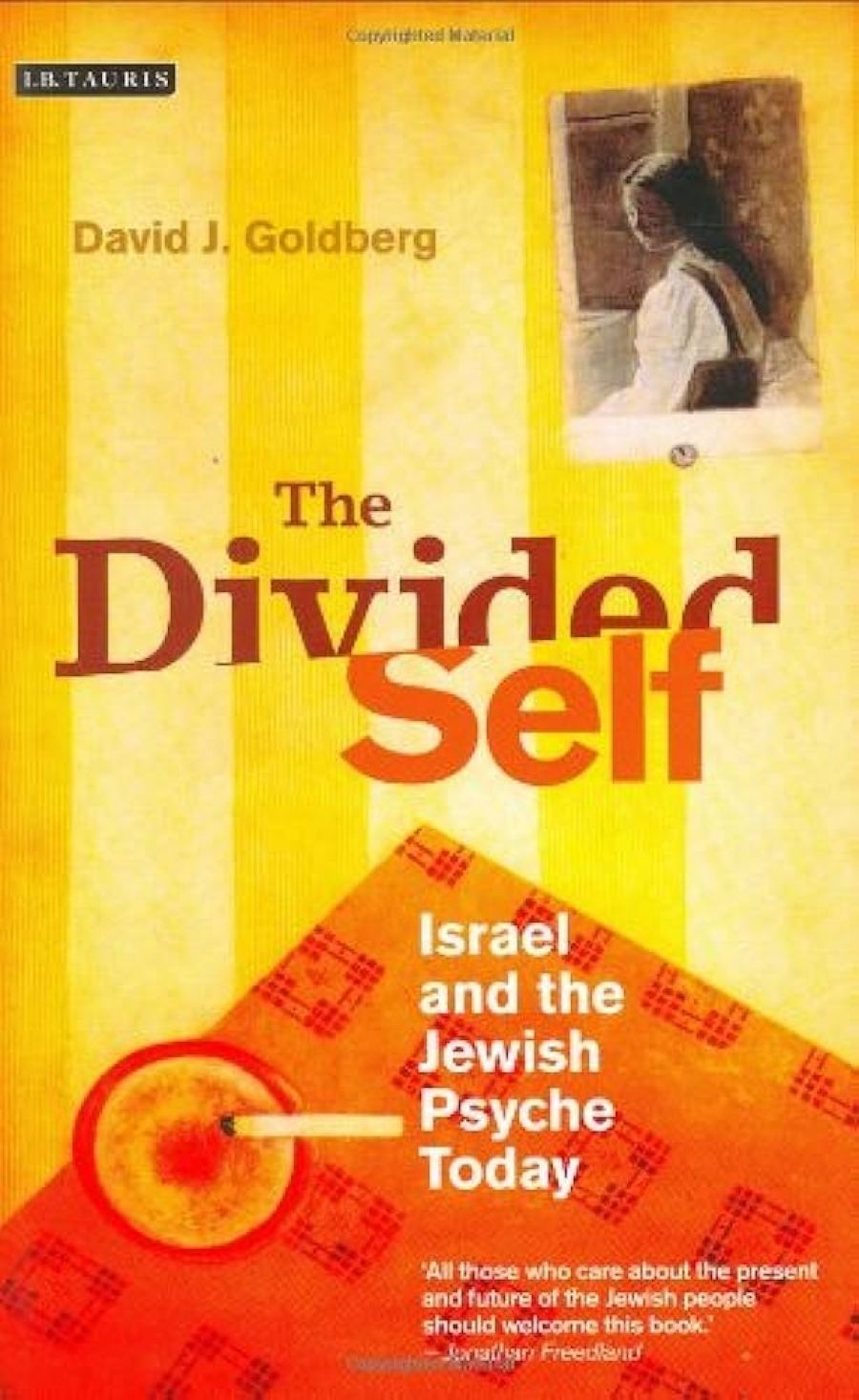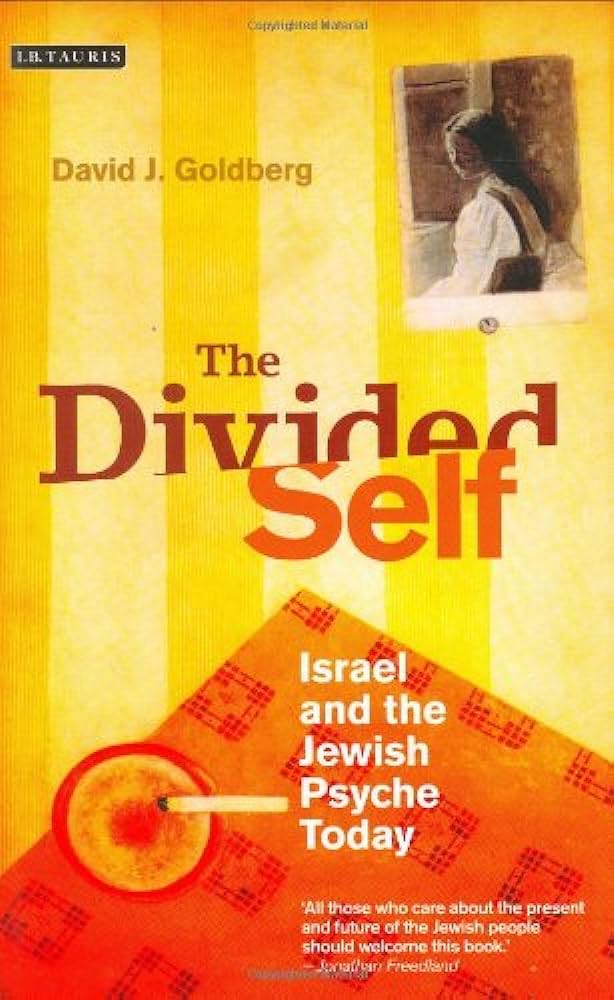
- Free Article: No
- Contents Category: Jewish Studies
- Review Article: Yes
- Article Title: Diasporan life
- Online Only: No
- Custom Highlight Text:
The story is told of how Theodor Herzl and Sigmund Freud once lived, unbeknown to each other, on the same street in Vienna. Thus did the lives of the father of modern political Zionism and the father of psychoanalysis, for one tantalising moment, almost intersect ... Herzl, a man of action in the wake of the Dreyfus Affair, who sought to transport Jews from the dangers of Diasporan life to the safety of a state all their own; and Freud, a thinker whose intellectual achievements were born of the Diasporan experience and who resolutely rejected the overtures of the Zionists to join them in Palestine. Herzl, who famously and passionately declared, ‘If you will, it is no dream’ – a motto adopted by the early Zionist movement – and Freud, who even more famously devised the tools for coolly interpreting dreams. This story, recounted in The Divided Self (and attributed to an Israeli ambassador to London in the 1980s), encapsulates the main purpose of David Goldberg’s spirited survey of the Jewish condition: namely, to defend the superiority of Diasporan Jewish life over its Zionist alternative.
- Book 1 Title: The Divided Self
- Book 1 Subtitle: Israel and the Jewish psyche today
- Book 1 Biblio: I.B. Tauris, $59 hb, 242 pp
- Book 1 Cover Small (400 x 600):

- Book 1 Cover (800 x 1200):

Like the Bible, David Goldberg believes that the Jews are a people apart; only for him, and unlike the Bible, their ‘apartness’ is not so much between the Jews and the other nations as between the Jews themselves. As he sees it, since the late nineteenth century a fundamental cleavage has developed between the Zionists and Israelis, on the one hand, and Diasporan Jews, on the other. Or rather has redeveloped, since, he contends, this basic division has recurred through-out Jewish history, especially during the formative period of the two biblical commonwealths.
Goldberg is rabbi emeritus of the Liberal Jewish Synagogue in London, over which he presided for almost thirty years. The Divided Self is not, and does not pretend to be, a work of scholarship. Rather, it is a critical reflection on the tensions in contemporary Jewish life by a concerned and committed Jew. In this, it resembles several recent books, such as Samuel Freedman’s Jew vs. Jew (2000) and the distinguished journalist Milton Viorst’s pained inquiry into Jewish obstinacy down the ages, What Shall I Do with This People? (2002), prompted by the assassination of Israel’s Prime Minister Rabin by a Jew in 1995.
Goldberg’s book is divided into twenty-two short chapters. The first one sets out the main target: the ‘Zionist version of Jewish history’. He is right to say that this is mostly a lachrymose tale of powerlessness, victimhood and suffering at the hands of non-Jews, which has been modified to take account of the broad acceptance of Jews in Western democracies only by stressing its unreliability or else the dangers of assimilation to Jewish continuity. An account of the failure of the biblical Jewish commonwealths follows, in which Goldberg lays out his analytical categories of ‘absolutism’ and ‘relativism’ (or ‘accommodationism’). The categories disappear from the discussion as he breathlessly surveys two thousand years of Jewish history in the Diaspora and the history of the State of Israel, but reappear in the penultimate chapter, as the author ‘takes stock’ of Israel and the Jewish Diaspora today. The narrative is peppered with entertaining anecdotes and pungent quotations.
Much of what Goldberg says about the Jewish record in exercising sovereignty is apt: Israelis are yet fully to come to terms with the judicious exercise of political and military power, however much they may have been ‘helped’ in this by their neighbours. Clearly, Jewish politics and society, like others, can be read in terms of ‘absolutist’ and ‘accommodationist’ tendencies and temperaments. Yet, in Goldberg’s hands, these categories are employed ideologically rather than historically. Absolutism, stridency and rudeness are bluntly identified with the cause of Jewish independence, whether biblical, Zionist or present-day Israel, while accommodationism, civility and even a sense of humour are lovingly equated with the Diaspora ethos. Little attention is given to the range of views (and habits) one finds within the Zionist camp today, or to the variety of movements and attitudes that characterise Jews committed to life in the Diaspora. Jewish neo-conservatives may be pro-Zionist (or Zionists afraid of airsickness, to modify Trotsky), but they also tend to want for accommodationism in their other political commitments. The image of the powerless Jew may be a staple of Zionist ideology, but it is also central to just about every other Jewish ideology as well, including assimilationism. In any case, the image is in need of some serious qualification, as Western Jewries have acquired considerable political influence, if not power.
Jewish creativity has flourished in the Diaspora, or more exactly, in the free (and Christian) societies of the West. A simple comparison of Israeli and Diasporan Jewish Nobel laureates illustrates the point. Yet what sense is there in idealising Diasporan life after Auschwitz? And why write off the Jewish state as hopeless absolutism rather than strive to give it accommodationist direction?
Goldberg reports that after the Israeli ambassador finished telling an audience of Herzl’s and Freud’s close domicile, asking what would have happened had Herzl knocked upon Freud’s door and said, ‘Herr Doktor, I have had a dream!’, a voice at the back of room was heard to mutter, ‘Perhaps he would have cured him!’ What Goldberg does not report is that, though they never met, Freud sent Herzl a copy of his book The Interpretation of Dreams in 1902, as ‘a sign of the great admiration that I, like so many others, have for the writer and fighter for our people’s human rights’. Israel and the Diaspora each have their place in Jewish life. The trick is, or should be, in making them both work well for all concerned.


Comments powered by CComment